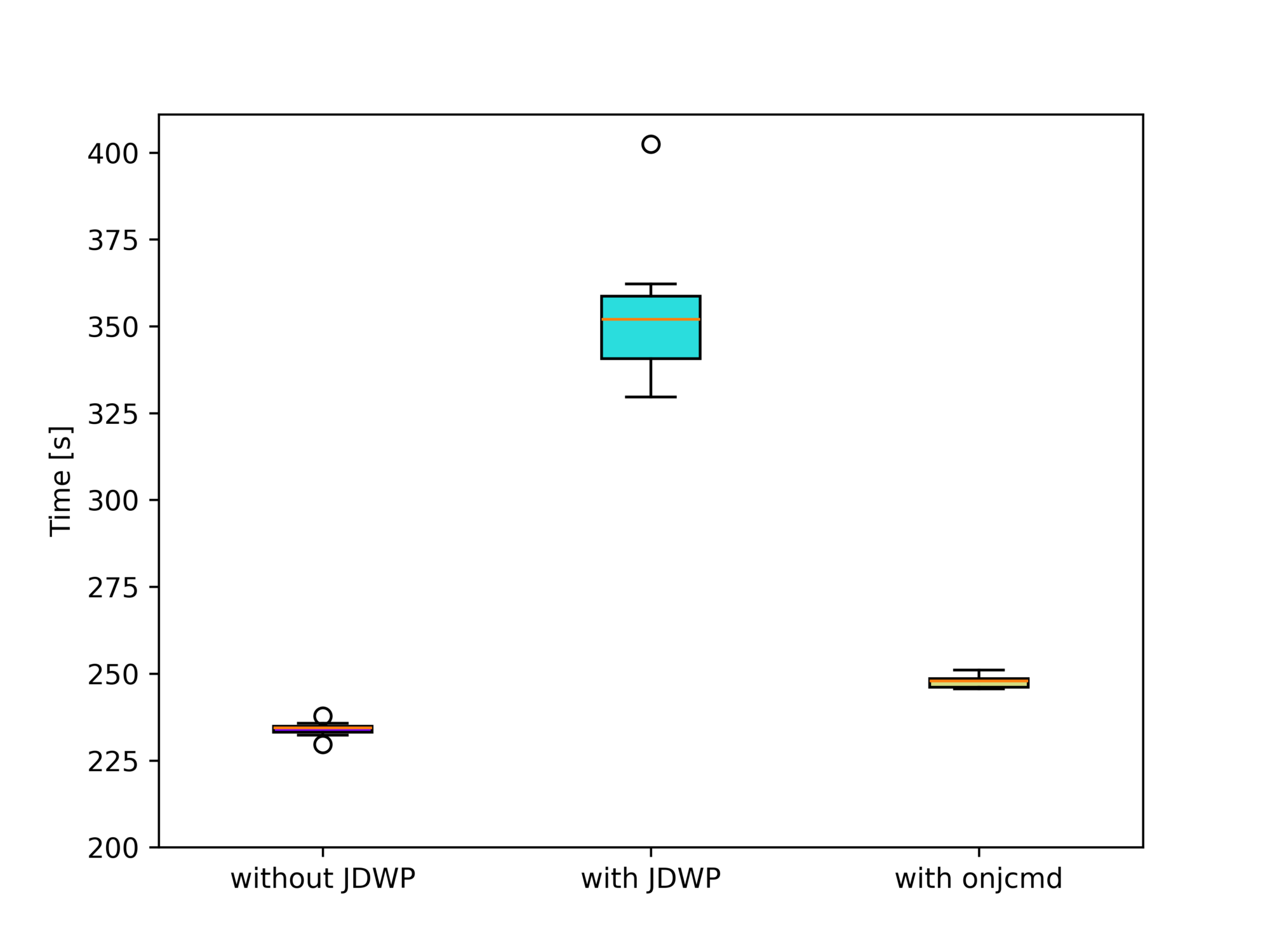The following is a tutorial written for the sched_ext project, that gives you an introduction into writing a Linux scheduler directly in C. The tutorial is also present on the sched_ext scx wiki.
In the following a short tutorial for creating a minimal scheduler written with sched_ext in C. This scheduler uses a global scheduling queue from which every CPU gets its tasks to run for a time slice. The scheduler order is First-In-First-Out. So it essentially implements a round-robin scheduler:

This short tutorial covers the basics; to learn more, visit the resources from the scx wiki.
Continue reading
